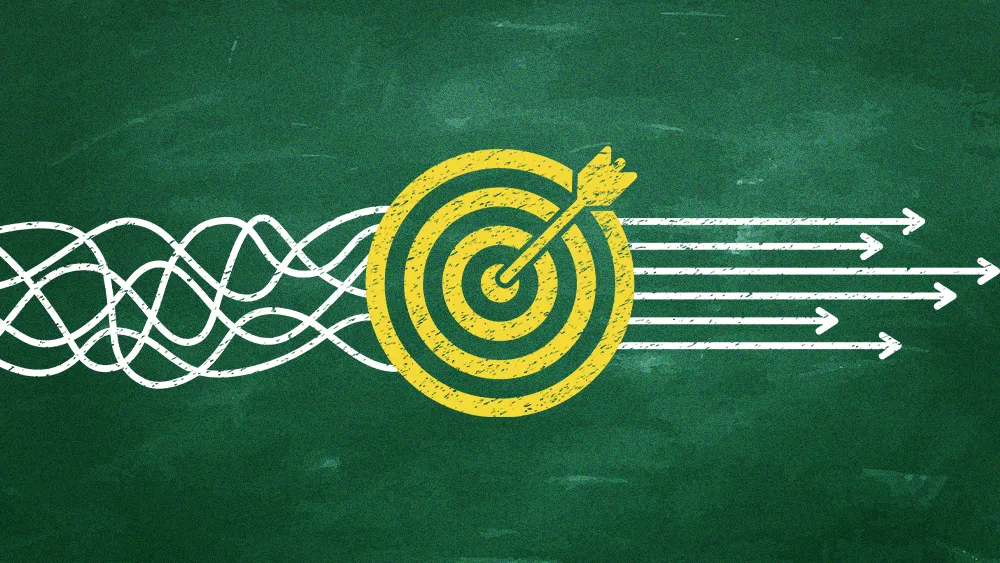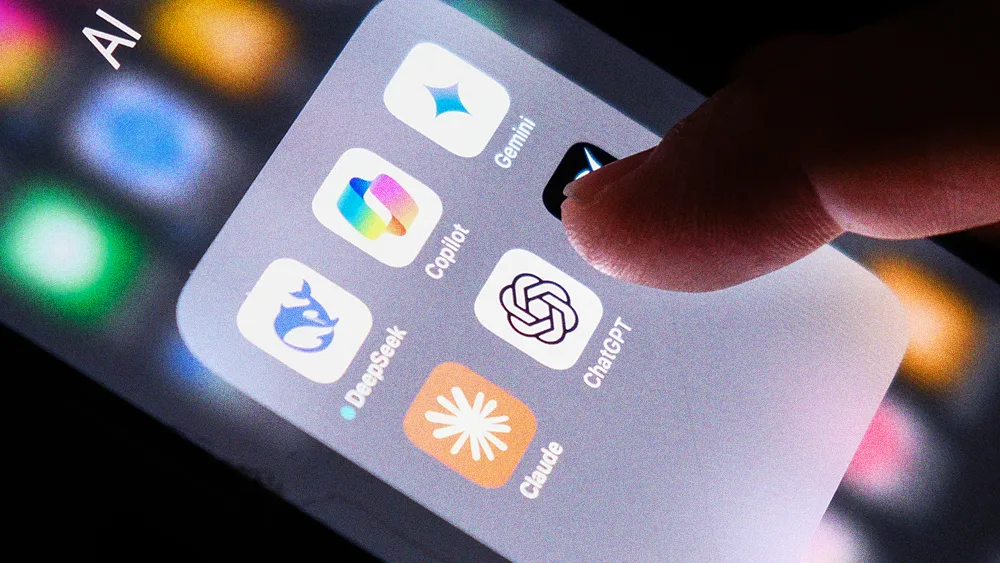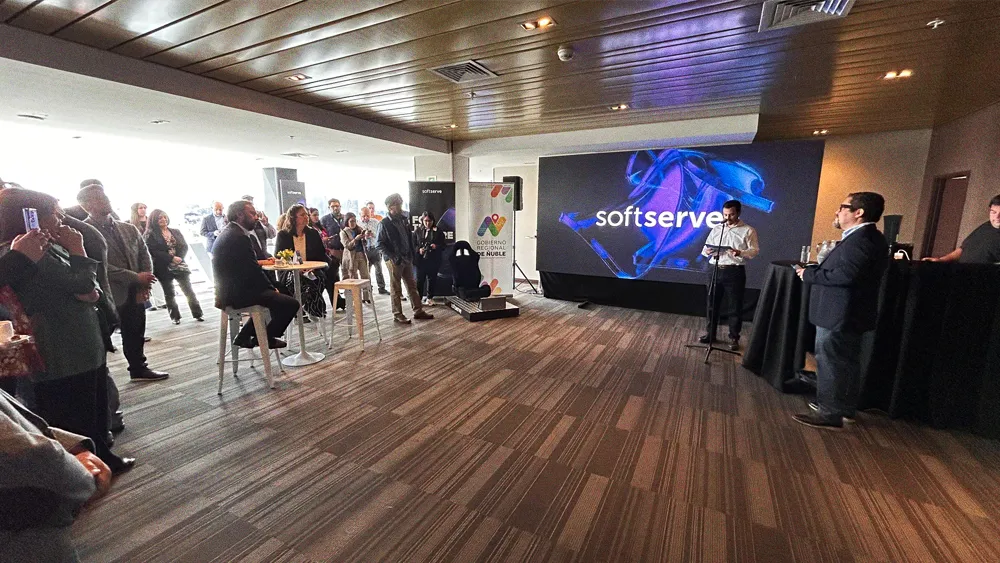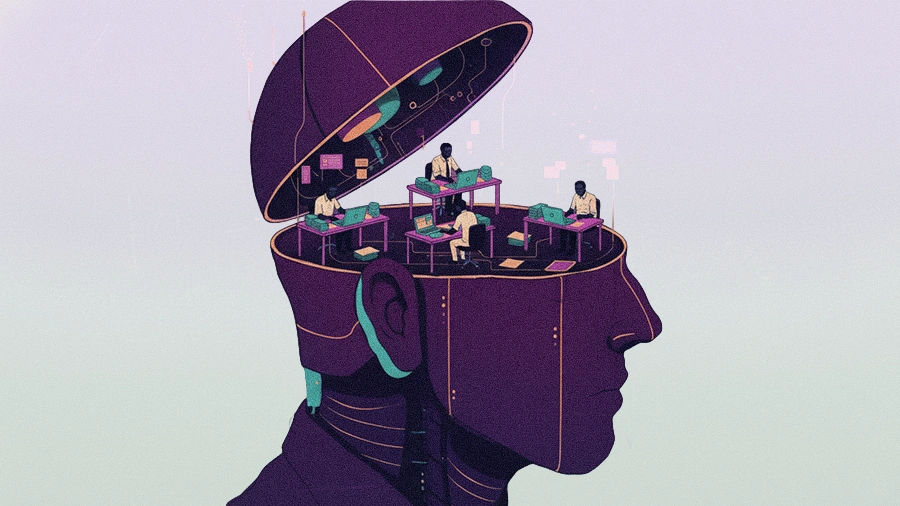Agentic AI enters HR strategy with high profile acquisitions like ServiceNow, Moveworks
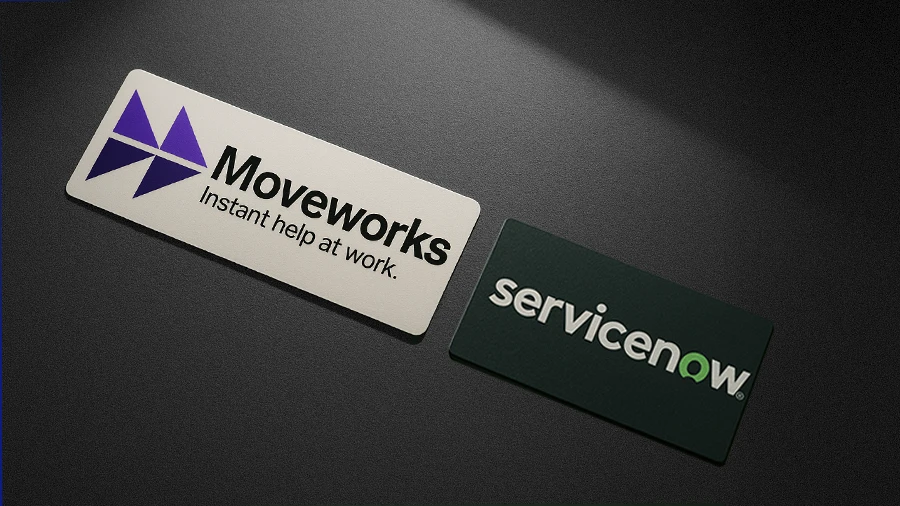
Key Points
ServiceNow’s acquisition of conversational AI company Moveworks signals a profound shift for enterprise operations, establishing a new, intelligent “front door” for the employee experience.
Clayton Newman, a retired HR transformation leader from Charles Schwab, explains that agentic AI will become the cornerstone of future HR digital strategy, eliminating the friction of navigating multiple systems.
Newman details the powerful business case, arguing that automating high-volume interactions could reduce HR operational budgets by 10-25% while putting immense competitive pressure on legacy HCM platforms.
AI is going to be at the front end of our HR technologies and become the primary point of contact between employees and HR. In short, an agentic AI chat and search will be the cornerstone of a future-ready HR digital strategy. The business case will sell it, but what's going to really matter is the quality.

Clayton Newman
HR Leader and AI/Automation Evangelist
Charles Schwab, retired
ServiceNow’s acquisition of conversational AI company Moveworks earlier this year signaled a shift for the future of enterprise operations. Unlike standard acquisitions, this move signals an inflection point that forces a fundamental rethinking of how HR departments engage with employees and manage their complex technological ecosystems. The deal isn’t just about adding a new tool; it’s about establishing a new front door for the entire employee experience, powered by a far more intelligent and autonomous form of AI.
To understand the deep implications of the shift, we spoke with Clayton Newman, a veteran HR transformation leader and self-described “AI & Automation Evangelist.” Having recently retired from his role as Vice President and Managing Director of Employee Experience at Charles Schwab, Newman was responsible for the very functions this technology will revolutionize: payroll, shared services, and HR technology. His perspective, forged by nearly two decades of advising global enterprises at KPMG and PwC before his tenure at Schwab, provides a rare, 360-degree view of why this moment is so critical. For Newman, the advent of this technology is not an incremental improvement; it is the dawn of a new operational paradigm.
The new cornerstone: “Now AI is going to be at the front end of our HR technologies and become the primary point of contact between employees and HR. In short, an agentic AI chat and search will be the cornerstone of a future-ready HR digital strategy. I believe that profoundly. The business case will sell it, but what’s going to really matter is the quality.”
Newman argued that the strategic importance of agentic AI is rooted in two distinct but interconnected benefits: the quality of the employee experience and the undeniable business case. For years, employees have been forced to navigate a confusing maze of different HR systems, creating what Newman called “unnecessary friction.” This clunky, disjointed experience stands in stark contrast to the seamless interactions people have in their consumer lives.
A consumer-grade expectation: “You’ve never heard a consumer say, ‘This is too hard for me to do,’ because it’s easy. But in HR, we create this unnecessary friction for the employee to experience a new navigation set every time they come into a different technology, and it confuses them. If we’ve confused them just on how to use the tool, then it sets the stage for confusing them on the program or the policy we’re trying to implement.”
This new generation of AI, Newman argued, will finally deliver a unified, conversational interface that sits on top of the entire HR tech stack, dramatically reducing that friction. But the real power lies in its ability to automate the highest-volume interactions. Citing his deep operational experience, Newman noted that the vast majority of employee-HR contact happens at the operational level—an area ripe for intelligent automation. This automation, he predicted, will enable organizations to “reduce or redeploy HR budgets by 10%, or as much as 25% in mature organizations.”
Targeting the real volume: “Two-thirds to 75% of the actual interactions employees have with HR occur in our HR operations teams. In the past, it was good that I was able to ease how people could interact. You could use live chat, make a phone call, or send an email. All that was good, but I couldn’t automate it away. The beauty of what agentic AI and Moveworks are going to do is create, with this back-end large language model and its front-end natural language processing capability, a digital assistant that’s going to enable automation across much more of that universe.”
The ServiceNow-Moveworks deal does not exist in a vacuum. It fires a starting pistol for an industry-wide arms race, putting immense pressure on legacy Human Capital Management platforms. Newman believes the deal forces an existential question upon competitors, who now face the difficult and expensive challenge of building or acquiring similar agentic AI capabilities to remain relevant.
The incumbent’s challenge: “The incumbent HCM players have a massive infrastructure and technology challenge where they’re going to have to learn how to accommodate agentic AI, and they’ve got to chase after agentic AI talent. That’s a scarce resource and it’s very difficult. I am convinced that the bell rang for them. When they see this Moveworks play with ServiceNow, they must now create a genuinely agentic AI capability which far surpasses what was ever available to us to have these kinds of enormous benefits, both in quality for the employee and cost savings for the organization overall.”
As the technology proliferates, it creates a new internal challenge: fragmentation. Uneven adoption can create knowledge gaps and skill disparities across an organization. However, Newman sees this not as a roadblock, but as a strategic opportunity for HR to lead. He contended that as employees become more accustomed to consumer AI tools, they will begin to demand a similar experience at work, creating a bottom-up pull for these solutions.
HR as the educator: “I’ve been arguing for some time that one of the most valuable things the HR function can do is lead an enterprise-wide learning program on AI and set clear expectations for AI capability,” Newman urged. “My vision for AI is quite simple. It’s the augmentation of human productivity.”
Looking forward, Newman envisions a “digital-plus-human combination” where AI handles routine tasks, elevating the role of human professionals to focus on higher-stakes issues requiring judgment and empathy. But he closed with a profound warning about the ethical use of these powerful new tools, highlighting a subtle but significant risk to professional development.
“The growth and maturity of your acumen comes from struggling with the issue. If you use AI to simply give you the answer, you fail to have that learning experience and actually to grow. But if you struggle with the issue and then ask AI to augment your research and help you understand it, then you are learning alongside a tutor. The ability for AI to be an addictive, easy response to get to an answer, thus hindering learning and professional growth, is one of the downsides and an element of the ethical use of AI that will have to be thought about strongly in the future of work.”
Related articles
TL;DR
ServiceNow’s acquisition of conversational AI company Moveworks signals a profound shift for enterprise operations, establishing a new, intelligent “front door” for the employee experience.
Clayton Newman, a retired HR transformation leader from Charles Schwab, explains that agentic AI will become the cornerstone of future HR digital strategy, eliminating the friction of navigating multiple systems.
Newman details the powerful business case, arguing that automating high-volume interactions could reduce HR operational budgets by 10-25% while putting immense competitive pressure on legacy HCM platforms.

Clayton Newman
Charles Schwab, retired
HR Leader and AI/Automation Evangelist

HR Leader and AI/Automation Evangelist
ServiceNow’s acquisition of conversational AI company Moveworks earlier this year signaled a shift for the future of enterprise operations. Unlike standard acquisitions, this move signals an inflection point that forces a fundamental rethinking of how HR departments engage with employees and manage their complex technological ecosystems. The deal isn’t just about adding a new tool; it’s about establishing a new front door for the entire employee experience, powered by a far more intelligent and autonomous form of AI.
To understand the deep implications of the shift, we spoke with Clayton Newman, a veteran HR transformation leader and self-described “AI & Automation Evangelist.” Having recently retired from his role as Vice President and Managing Director of Employee Experience at Charles Schwab, Newman was responsible for the very functions this technology will revolutionize: payroll, shared services, and HR technology. His perspective, forged by nearly two decades of advising global enterprises at KPMG and PwC before his tenure at Schwab, provides a rare, 360-degree view of why this moment is so critical. For Newman, the advent of this technology is not an incremental improvement; it is the dawn of a new operational paradigm.
The new cornerstone: “Now AI is going to be at the front end of our HR technologies and become the primary point of contact between employees and HR. In short, an agentic AI chat and search will be the cornerstone of a future-ready HR digital strategy. I believe that profoundly. The business case will sell it, but what’s going to really matter is the quality.”
Newman argued that the strategic importance of agentic AI is rooted in two distinct but interconnected benefits: the quality of the employee experience and the undeniable business case. For years, employees have been forced to navigate a confusing maze of different HR systems, creating what Newman called “unnecessary friction.” This clunky, disjointed experience stands in stark contrast to the seamless interactions people have in their consumer lives.
A consumer-grade expectation: “You’ve never heard a consumer say, ‘This is too hard for me to do,’ because it’s easy. But in HR, we create this unnecessary friction for the employee to experience a new navigation set every time they come into a different technology, and it confuses them. If we’ve confused them just on how to use the tool, then it sets the stage for confusing them on the program or the policy we’re trying to implement.”
This new generation of AI, Newman argued, will finally deliver a unified, conversational interface that sits on top of the entire HR tech stack, dramatically reducing that friction. But the real power lies in its ability to automate the highest-volume interactions. Citing his deep operational experience, Newman noted that the vast majority of employee-HR contact happens at the operational level—an area ripe for intelligent automation. This automation, he predicted, will enable organizations to “reduce or redeploy HR budgets by 10%, or as much as 25% in mature organizations.”
Targeting the real volume: “Two-thirds to 75% of the actual interactions employees have with HR occur in our HR operations teams. In the past, it was good that I was able to ease how people could interact. You could use live chat, make a phone call, or send an email. All that was good, but I couldn’t automate it away. The beauty of what agentic AI and Moveworks are going to do is create, with this back-end large language model and its front-end natural language processing capability, a digital assistant that’s going to enable automation across much more of that universe.”
The ServiceNow-Moveworks deal does not exist in a vacuum. It fires a starting pistol for an industry-wide arms race, putting immense pressure on legacy Human Capital Management platforms. Newman believes the deal forces an existential question upon competitors, who now face the difficult and expensive challenge of building or acquiring similar agentic AI capabilities to remain relevant.
The incumbent’s challenge: “The incumbent HCM players have a massive infrastructure and technology challenge where they’re going to have to learn how to accommodate agentic AI, and they’ve got to chase after agentic AI talent. That’s a scarce resource and it’s very difficult. I am convinced that the bell rang for them. When they see this Moveworks play with ServiceNow, they must now create a genuinely agentic AI capability which far surpasses what was ever available to us to have these kinds of enormous benefits, both in quality for the employee and cost savings for the organization overall.”
As the technology proliferates, it creates a new internal challenge: fragmentation. Uneven adoption can create knowledge gaps and skill disparities across an organization. However, Newman sees this not as a roadblock, but as a strategic opportunity for HR to lead. He contended that as employees become more accustomed to consumer AI tools, they will begin to demand a similar experience at work, creating a bottom-up pull for these solutions.
HR as the educator: “I’ve been arguing for some time that one of the most valuable things the HR function can do is lead an enterprise-wide learning program on AI and set clear expectations for AI capability,” Newman urged. “My vision for AI is quite simple. It’s the augmentation of human productivity.”
Looking forward, Newman envisions a “digital-plus-human combination” where AI handles routine tasks, elevating the role of human professionals to focus on higher-stakes issues requiring judgment and empathy. But he closed with a profound warning about the ethical use of these powerful new tools, highlighting a subtle but significant risk to professional development.
“The growth and maturity of your acumen comes from struggling with the issue. If you use AI to simply give you the answer, you fail to have that learning experience and actually to grow. But if you struggle with the issue and then ask AI to augment your research and help you understand it, then you are learning alongside a tutor. The ability for AI to be an addictive, easy response to get to an answer, thus hindering learning and professional growth, is one of the downsides and an element of the ethical use of AI that will have to be thought about strongly in the future of work.”
